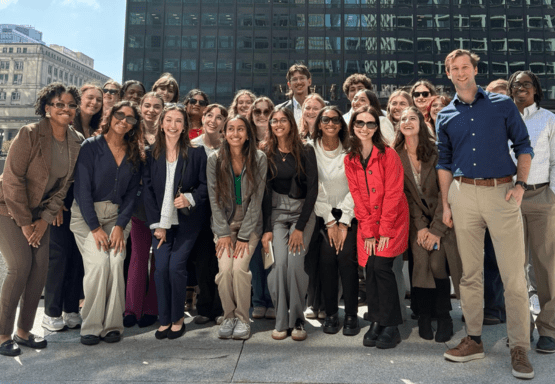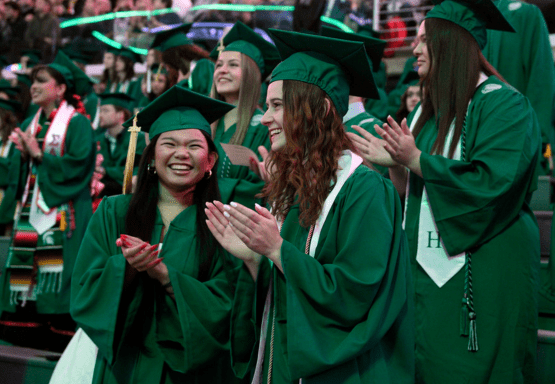Michigan State University is pleased to welcome the return of a time-honored event to campus this year. Race in 21st Century Americas is a biennial event hosted by James Madison College that began in 1999 under the leadership of its founder Professor Emeritus Curtis Stokes, who retired from James Madison in 2019 after 36-years of scholarship and teaching.
This year’s conference is a hybrid event that will take place March 25 and 29-30 with an in-person student seminar day occurring from 11 a.m.-4 p.m., March 25 in the MSU Union. The keynote speaker and featured guests will present virtually for conference attendees on March 29 and 30.
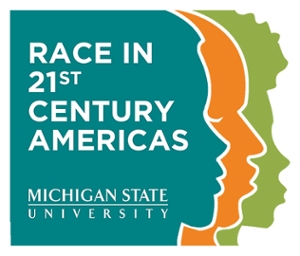
The Race Conference brings together leading scholars and community activists from around the nation with diverse racial, ethnic and ideological approaches, in order to have important conversations about race. Under Stokes’ leadership, scholars, policy makers and activists such as Ronald Takaki, Cornel West, Michelle Alexander, Patricia Hill Collins, Charles Mills and Rashida Tlaib have visited campus to lend their expertise on important race-related issues.
To continue the conference’s legacy, Rashida Harrison, assistant professor of social relations and policy in James Madison, assumed the chairperson role in 2019 and quickly established a university-wide planning committee. In addition to articulating the conference’s vision and selecting the next conference theme, the group decided to broaden the scope of the conference to the Americas, rather than the singular America. The theme for the 2022 conference is “Race and Rights: Empowering Our Communities.”
“Madison is proud to have the Race Conference continue under Dr. Harrison’s leadership. She and Dr. Stokes worked together closely for many years; Dr. Harrison knows the conference’s history and has the vision to see its potential,” said Cameron Thies, dean and MSU Foundation Professor in James Madison.
True to the conference’s roots, this year’s theme will investigate systems of power that maintain racial stratification throughout the Americas. Since the last conference in 2019, many events have heightened public awareness and interest in state-sponsored brutality — from the murder of George Floyd and countless others to the aggravated health and economic disparities made evident during the COVID-19 pandemic to an increased awareness of voter suppression and other racial injustices.
With the call for change gaining momentum, public demand for social mobilization is at the forefront. Thus, this year’s theme engages speakers and participants to dialogue and strategize about creating conditions for sustainable actions.
This year’s featured speakers include Vijay Prashad, director of Tricontinental: Institute for Social Research; Naima Penniman, co-founder of Soul Fire Farms; Keisha-Khan Perry, Presidential Penn Compact Associate Professor of Africana Studies at the University of Pennsylvania; and shane bernardo, co-founder of Food as Healing.
After the pandemic delayed the conference by a year, Harrison says she is eager to resume the critical work the Race Conference promotes. “I am very excited about the panelists for Soul Fire Farms because they are talking about land usage. We need to have conversations about land and food justice,” said Harrison.
Harrison learned about the organization when she took up gardening this past summer with colleague and friend Leonora Paula, assistant professor of English in the College of Arts and Letters and a member of the Race Conference committee.
“I’m a city girl, and I wanted to find people doing social justice work around equitable ways to grow and access the land,” Harrison said.
Both Harrison and Paula got involved with community gardening through the Greater Lansing Food Bank’s Garden Project. What Harrison originally thought would be a phase or pandemic hobby, became a passion project leading her to seek out organizations with a mission to educate and combat poverty.
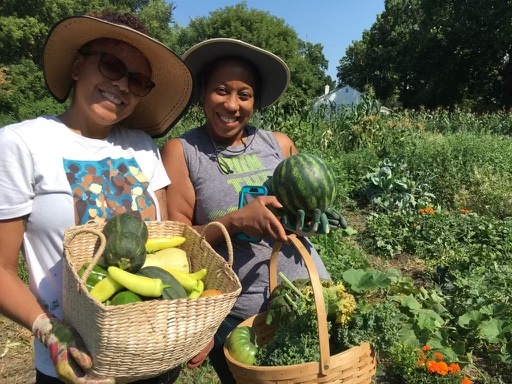
What she discovered was a wealth of resources whose mission is to educate people and advocacy for Black and Indigenous people in equitable ways — welcome additions to the Race Conference social justice network.
As the committee reshapes the conference’s visibility to be more inclusive to the Americas and advances the mission to make the event as inclusive and accessible as possible, other immediate goals include creating a website with a hub of resources and archival materials. Additionally, Harrison would like to establish partnerships to sponsor events that are committed to these issues outside the conference itself.
This year’s Race Conference is made possible through generous funding and resources from a variety of campus units and colleges, including the Office of the Provost, James Madison College, College of Arts and Letters, Timnick Chair in the Humanities, Office for Institutional Diversity and Inclusion and MSU Student Life and Engagement.
To learn more and to register for Race in 21st Century Americas Conference, visit the event page and follow them on Facebook and Instagram.

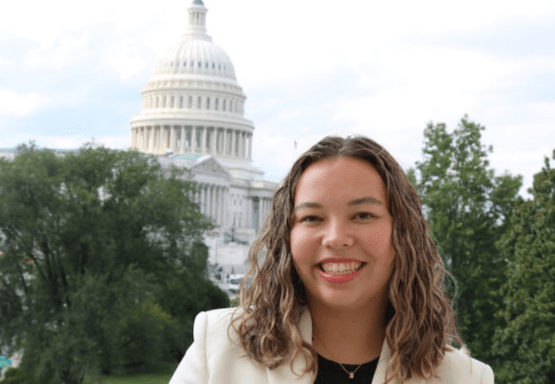

.png?h=384&iar=0&w=555)
